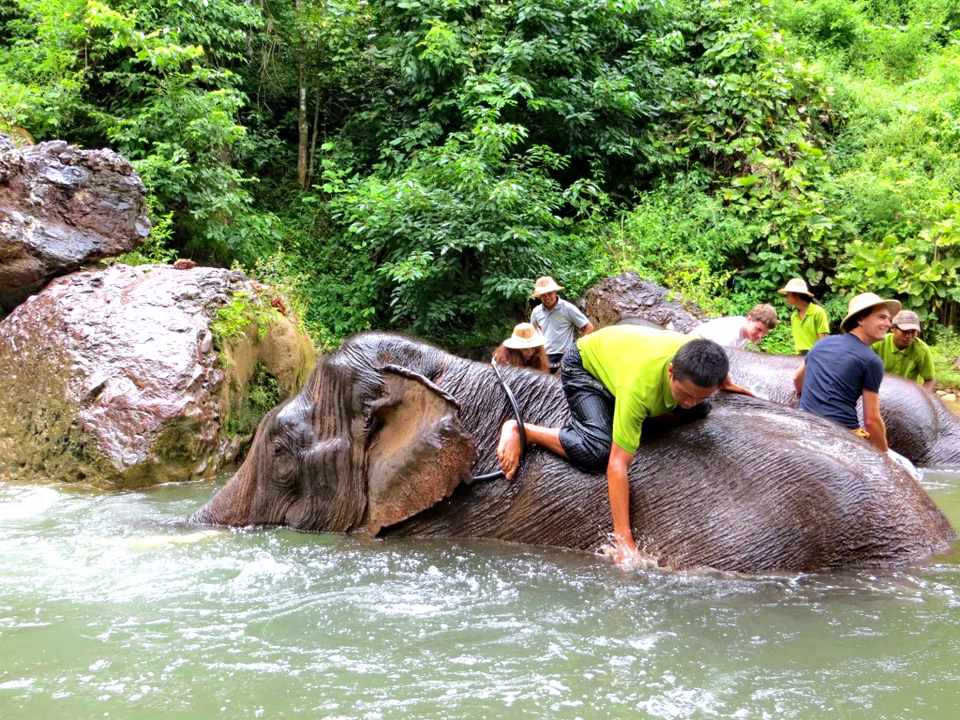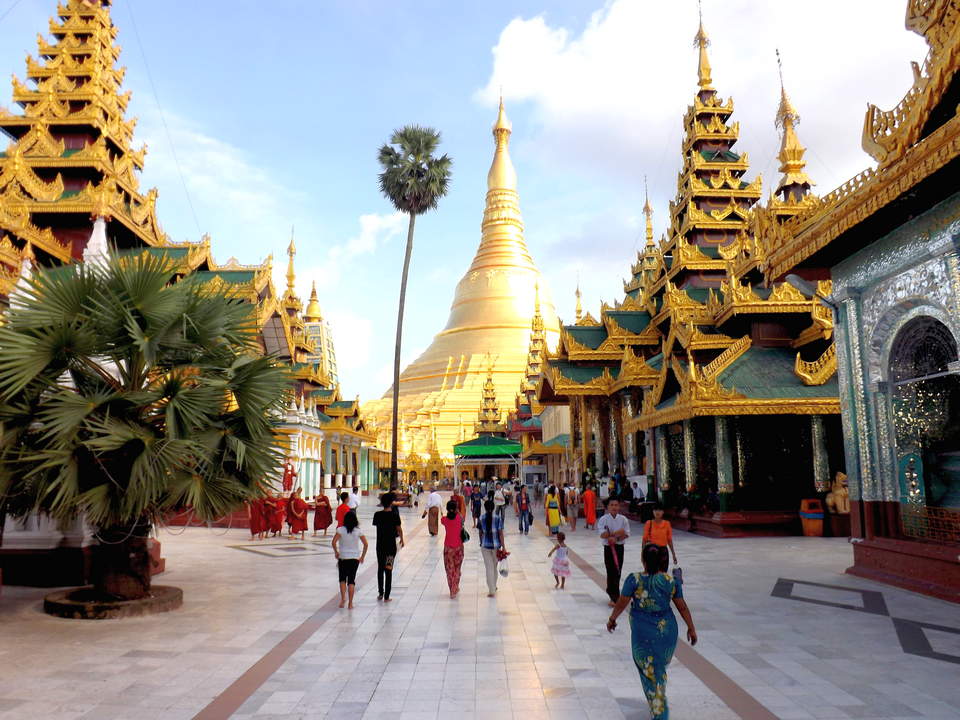
Battered by the ongoing pandemic and the military coup last year, Myanmar authorities are persevering with attracting foreign visitors with the resumption of the e-visa and the reopening of some localities to inbound travel. Recent returnees told Pattaya Mail that hotel workers are optimistically joining language classes in Russian and Chinese in preparation for the expected surge in numbers expected soon. There is sponsorship of elephants to encourage foreigners to provide cash for animal welfare. Not to mention huge color ads to promote temples and attractions in newly-opened areas such as Yangon, Bagan, Mandalay and Inle Lake.
It’s a hard sell. Sammy Samuels, managing director of tour agency Shalom Myanmar, admitted that most tourism at present is domestic and spurred by resident expats. Sampan Travel, which organizes tailor-made trips to Myanmar and India, confirmed that the most important consideration was the physical safety of guests. Although some commentators discourage international tourism on the grounds that the cash benefits the military authorities, tour operators stress that the people of Myanmar need financial and moral support now and that that travel is a job-creating industry.
The junta has given no figures for the sale of tourist e-visas in the past three months, but they are likely miniscule. The passes can be used only on air journeys as the land borders with Thailand are currently closed to tourist traffic. The timetable of Yangon international airport reveals several regional flights a day, but the majority are operated by Myanmar Airways International. There are weekly flights to Seoul, Kuala Lumpur and a couple of Chinese cities, but the most routes are to and from Bangkok. Returning passengers have confirmed that most passengers are business people or Myanmar nationals, especially guest workers in Thailand.

Mediawise, Myanmar’s National Defence and Security Council is facing an uphill battle. Most foreign embassies oppose entry to the country on security and moral grounds. The governmental press agency, Global New Light of Myanmar, downplays or ignores unfavorable news. But the recent revival of executions for political activists and the arrest this month of a Japanese film maker, who was caught loitering near an anti-junta rally in a Yangon suburb, provide disincentives enough.
In 2019, 4.3 million international tourists visited Myanmar, much loved for its pagodas and picturesque landscapes. The World Bank reports now that the economy remains fragile as civil strife and inflation add to the troubles facing farmers and businesses. Although most economists agree that the financial crisis there is less tragic than the situation in Sri Lanka, Fitch Solutions expects the economy to recover to pre-pandemic levels in 2028. Myanmar desperately needs foreign tourism as 40 percent of the population meander in poverty. But a revival of international vacations any time soon appears to be a forlorn prospect indeed.
 |
 |
 |





